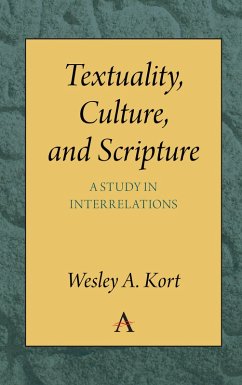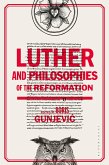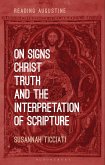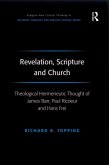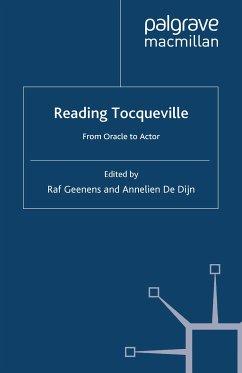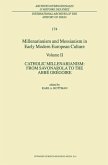"Textuality, Culture and Scripture," a study of the necessary and close relations between the three concepts, puts forward three main arguments. The first is that Western modernity retained the necessary role of texts and textuality in culture well into the twentieth century, although decreasingly so, until their role was increasingly displaced by materialist assumptions and theories. Taking as its starting point the so-called textual turn in cultural theory, the first argument is for the necessary role of textuality in understandings of culture.
The second argument is that textuaity is necessary in and for cultural, group and personal identities and that the texts of primary importance for identity can be related to what is generally thought of as "scripture." It moves on to posit "scripture," so understood, as a necessary category in an adequate textual theory and relates textuality and "scripture" to identity, primarily in terms of the potentials of texts for relating constancy and change to one another.
The third argument is that the Bible has been and continues to be for so many people their "scripture" because it provides what people, groups and, at times, also cultures need to have as identity or an adequate worldview, especially the relation created by biblical texts between stability or constancy and change or disruption. The book concludes with the proposal that textual locations or identities can be evaluated for whether or not they provide ways by which past and future, tradition and innovation, or constancy and change are related to one another.
The second argument is that textuaity is necessary in and for cultural, group and personal identities and that the texts of primary importance for identity can be related to what is generally thought of as "scripture." It moves on to posit "scripture," so understood, as a necessary category in an adequate textual theory and relates textuality and "scripture" to identity, primarily in terms of the potentials of texts for relating constancy and change to one another.
The third argument is that the Bible has been and continues to be for so many people their "scripture" because it provides what people, groups and, at times, also cultures need to have as identity or an adequate worldview, especially the relation created by biblical texts between stability or constancy and change or disruption. The book concludes with the proposal that textual locations or identities can be evaluated for whether or not they provide ways by which past and future, tradition and innovation, or constancy and change are related to one another.
Dieser Download kann aus rechtlichen Gründen nur mit Rechnungsadresse in A, D ausgeliefert werden.

